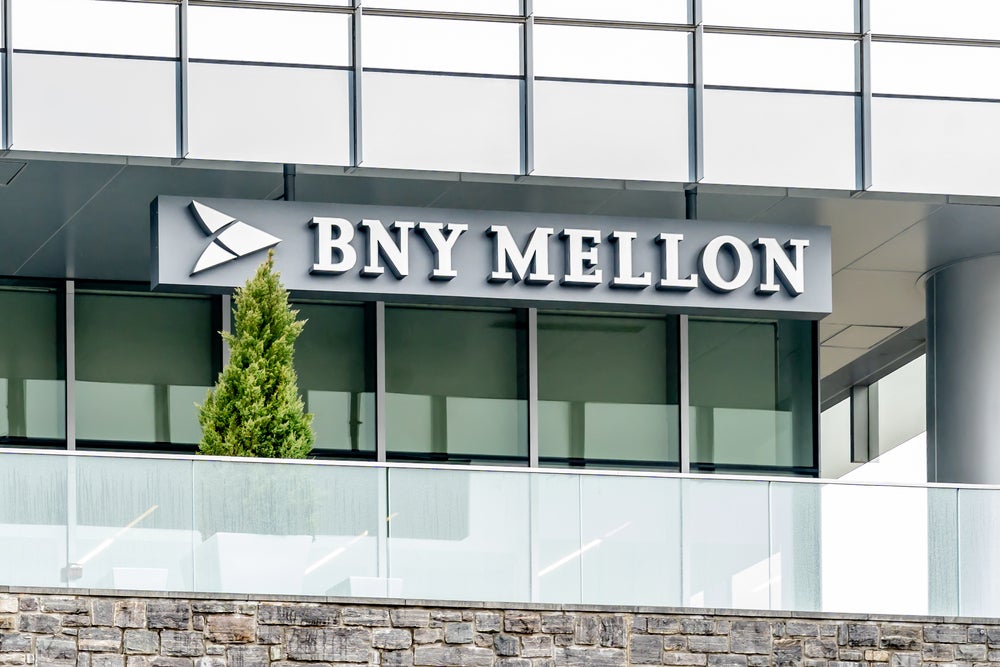
The impact of external global factors has surpassed regulatory hurdles as the principal driver in compliance progress changes.
This is according to the 6th Global Compliance Survey from Nasdaq. Representing both sell and buy side firms and market infrastructure, respondents of the survey cited external factors, notably COVID-19, as the main catalyst for the changes, unusually surpassing regulatory hurdles.
Expanding on the deviation, Valerie Bannert-Thurner, senior vice president and head of buy-side and sell-side solutions, market technology at Nasdaq, commented: “Year on year, the findings of the annual Global Compliance Survey typically show regulatory hurdles being the major factor in compliance planning and practices – but this year is different.”
Produced in collaboration with Greenwich Associates, the survey gathers qualitative and quantitative feedback from more than 200 compliance professionals and executives in the financial industry worldwide.
Bannert-Thurner continued: “In our latest report, there is a notable increase in unplanned trade surveillance technology spending, as firms continue to adjust their processes and priorities to remain resilient, and to uphold the integrity of the financial markets during the global pandemic. The growing importance of compliance combined with the accelerating demand in surveillance technology signals that compliance will play a more pivotal role than ever in 2021.”
Four Key Themes
How well do you really know your competitors?
Access the most comprehensive Company Profiles on the market, powered by GlobalData. Save hours of research. Gain competitive edge.

Thank you!
Your download email will arrive shortly
Not ready to buy yet? Download a free sample
We are confident about the unique quality of our Company Profiles. However, we want you to make the most beneficial decision for your business, so we offer a free sample that you can download by submitting the below form
By GlobalDataThe report outlines four key themes from 2020.
The pandemic has heightened challenges and shifted focus areas for compliance personnel.
Financial firms were forced to adjust monitoring and alert coverage in the transition to remote working, set against a backdrop of extreme market volatility. Market manipulation and alert management were the two most important trade surveillance requirements for 63% and 54% of the respondents respectively.
In addition, respondents saw budget allocation shift to core functionality. Budgets were re-directed to core technology functionality, whilst planned investments in innovation were put on hold. For 2021, firms are expected to increase their compliance personnel hiring, with a particular focus on analyst-level professionals.
Furthermore, reputation management continued to drive regtech investment decisions, with 68% of respondents regarding reputation management as the most important mandate of compliance departments. 67% have channelled resources specifically into managing reputational risk.
Also, the importance of compliance to firm operations remains increasingly relevant, with 74% of respondents reporting that their organisation considers compliance standards highly important. This represents an increase of 17% when compared with the 2016 value.
Danielle Tierney, a senior advisor at Greenwich Associates, concluded: “In late Q1 2020, volatile market conditions, combined with rapid process transformation during the shift to remote work, created the perfect storm of compliance challenges.
“We saw how infrastructure and technology weaknesses became exposed, leading to ad-hoc investments in surveillance coverage for many firms during 2020. While core infrastructure investments were in focus this year, many firms are looking to prioritise investments in data quality in the year ahead.”







